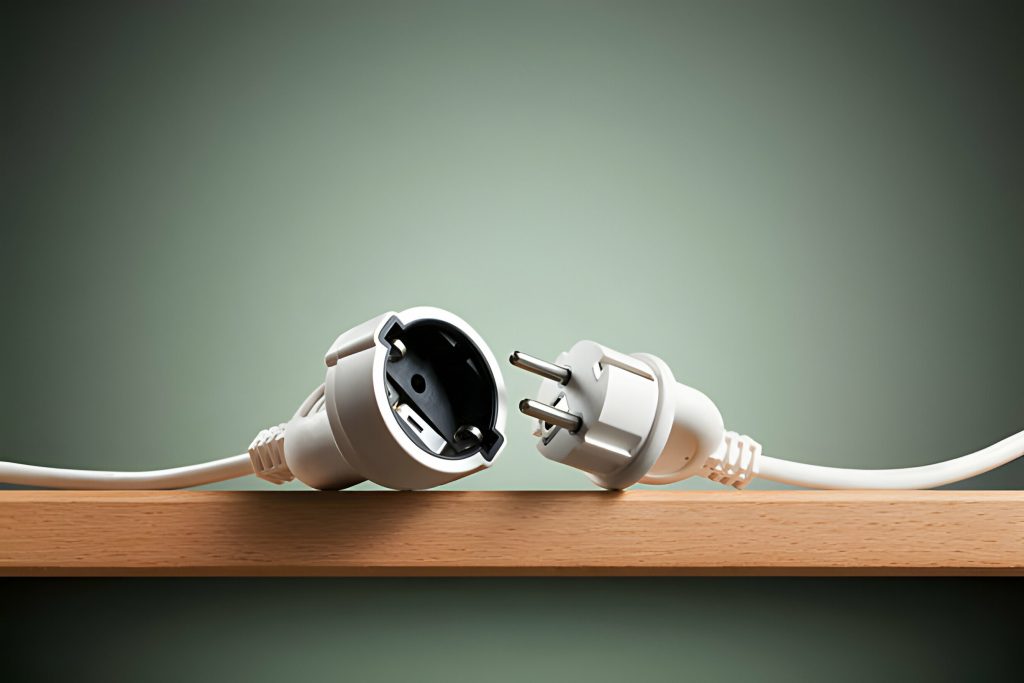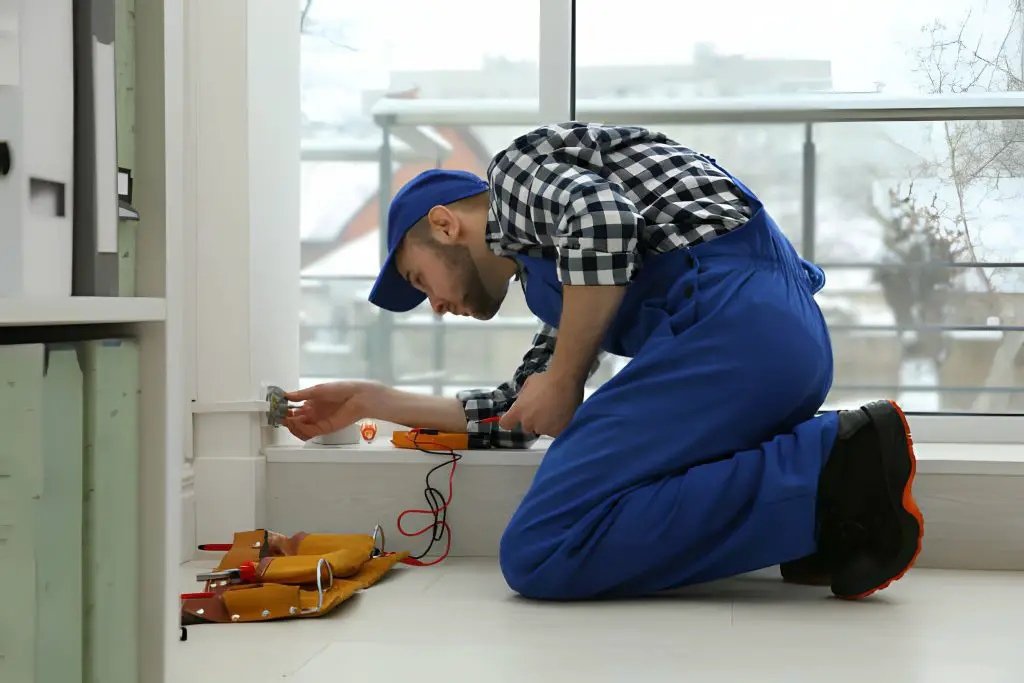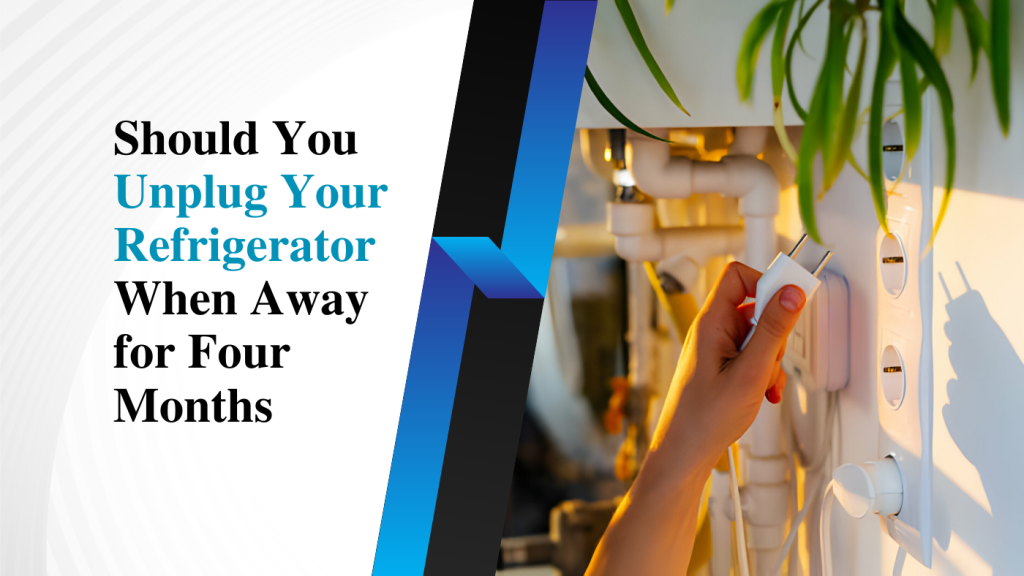Are you planning an extended trip or perhaps relocating for a few months? One of the questions that may pop up as you prepare to leave your home unattended is should You Unplug Your Refrigerator When Away for Four Months? It’s a common concern, as leaving appliances running while no one is around can lead to unnecessary energy consumption and potential risks. In this article, we’ll explore the factors to consider when deciding whether to unplug your refrigerator when away for four months. So, let’s dive in and find out what’s best for your fridge and your peace of mind during your extended absence
The Importance Of Unplugging Your Refrigerator
Avoiding Energy Waste
Refrigerators are among the top energy-consuming appliances in homes. Keeping them running while away leads to needless energy use. Unplugging saves a substantial amount on electricity bills. Here are a few points to illustrate the savings:- Continuous operation adds up, even when the fridge is empty.
- Average refrigerators can use 1-2 kWh daily, significantly increasing your carbon footprint.
- Costs escalate over time, making unplugging a financially smart choice.
Preventing Potential Risks
Unattended electronics can pose safety hazards. Refrigerators, left running, are no exception. Here’s a quick rundown of potential risks avoided by unplugging:| Risk Factor | Prevention Through Unplugging |
|---|---|
| Power Outages and Surges | Protects the appliance from damage due to electrical inconsistencies. |
| Fire Hazards | Eliminates the possibility of electrical fires started by faulty components. |
| Wear and Tear | Lengthens lifespan by reducing continuous use. |
Should You Unplug Your Refrigerator When Away for Four Months?
Yes, you should unplug your refrigerator if you’ll be away for four months. Unplugging prevents potential hazards and saves energy. Preparing for a lengthy trip involves more than packing and securing your home. Unplugging major appliances is a critical step, notably for the refrigerator, which stands as one of the highest energy-consuming appliances in a household. A refrigerator left plugged in during an extended absence may not only lead to unnecessary power usage but also increases the risk of electrical fires or surges that could cause damage in your absence. By unplugging your fridge, you minimize these risks and conserve a substantial amount of energy. Taking this step also allows you to perform a thorough cleaning, ensuring you return to a fresh, odor-free kitchen. This proactive step ensures appliance longevity and home safety, placing it high on your pre-departure checklist.
Considerations Before Unplugging Your Refrigerator
Length Of Absence
The duration of your trip is critical in deciding whether to unplug your refrigerator. For an extended absence, such as four months, unplugging could save on power usage. Be sure to consider:- Energy Costs: Keeping the fridge running could be costly.
- Appliance Wear: Unplugging might extend your refrigerator’s life.
Food And Perishables
Carefully managing your food inventory is a must. Here’s what to do:- Consume or donate items that could spoil.
- Deep clean the fridge to prevent mold and odors.
- Leave doors open slightly to avoid moisture and mold buildup.
Weather Conditions
Weather at home while you’re gone can influence your refrigerator’s environment.| Condition | Action Plan |
|---|---|
| High Humidity | Prop doors open to prevent mold. |
| Freezing Temperatures | Unplugging might prevent freezing damage. |
Steps To Safely Unplug Your Refrigerator
Cleaning And Emptying
Start with a clean slate by removing all the items from your refrigerator. Toss any expired or perishable goods and consider donating items that won’t last. Wipe down the interior surfaces with a simple mix of water and baking soda to absorb any odors.Turning Off And Draining
After cleaning, unplug the fridge and turn off the water valve if it has an ice maker or water dispenser. Drain any remaining water from these features to prevent mold and stagnant water smells. Doing this also reduces the risk of leaks while you’re away.Securing The Door
With your refrigerator clean and dry, leave the door slightly ajar to prevent mildew from forming. Use a towel or stopper to keep it from closing, ensuring air circulation. This step is crucial for maintaining a fresher scent and cleaner environment inside your appliance.Alternative Options For Extended Absences
Using A Timer
One effective way to reduce energy usage is to connect your refrigerator to a timer. This device can power your refrigerator during certain parts of the day. It is best used in tandem with:- Peak and off-peak hours: Aligning the timer with your electricity provider’s peak hours can lead to significant savings.
- Vacation mode: Some refrigerators have a built-in vacation mode that maintains safe temperatures for stored items while using less energy.
Adjusting Temperature Settings
Modifying the temperature settings is crucial if you are leaving perishables in your fridge. Here’s a simple guide:| Compartment | Normal Setting | Adjusted Setting |
|---|---|---|
| Refrigerator | 3°C to 5°C | 8°C |
| Freezer | -18°C | -15°C to -17°C |
Asking For Assistance
Enlisting the help of a trusted friend, neighbor, or a professional service can be a valuable option. They can:- Monitor temperatures: Regularly check to make sure your fridge is functioning properly.
- Handle emergencies: Take action in case of power outages or mechanical issues.
- Keep it stocked: Maintain some items in the fridge to ensure operational efficiency.

Frequently Asked Questions
Can I Switch Off My Fridge For 4 Months?
Yes, you can switch off your fridge for 4 months. Empty it, clean thoroughly, leave the door open to prevent mold, and disconnect it from power.
What Happens If Refrigerator Is Not Used For Long Time?
A long-unused refrigerator may develop mold and odors, its seals could dry out, and lubricants in the compressor may settle, potentially causing operational issues upon restarting. Always clean and dry it before storing to minimize these risks.
How Long Can A Refrigerator Sit Without Being Plugged In?
A refrigerator can sit unplugged indefinitely as long as the doors are left open to prevent mold and odor build-up.
Should You Unplug A Refrigerator For A Long Vacation?
Yes, unplug your refrigerator if you’ll be away for an extended period to save energy and reduce the risk of electrical hazards. Empty it, clean it, and leave the doors open to prevent mold and odors.
Can I switch off the fridge for 6 months?
Yes, you can switch off the fridge for 6 months if you’re not going to use it. But it’s important to prepare it properly before switching it off to prevent any damage.
How do you maintain a refrigerator when not in use?
To maintain a refrigerator when not in use, you should:
- Clean it thoroughly inside and out.
- Remove all food items and clean the shelves and drawers.
- Leave the door slightly open to prevent mold and mildew growth.
- Unplug the refrigerator and clean the coils at the back.
- Place some baking soda inside to absorb odors.
Do appliances go bad if not used?
Yes, appliances can go bad if not used for a long time. They might develop problems like rust, mold, or malfunctioning parts due to lack of use and maintenance.
How long does it take for a fridge to work after being unplugged?
It usually takes around 4 to 6 hours for a fridge to start working properly after being unplugged. During this time, the compressor needs to cool down before it can effectively regulate the temperature inside the fridge.
How long can a fridge be off for?
A fridge can typically be off for a few hours without any issues. However, if it’s off for an extended period, like several days or weeks, it may start to develop problems such as odors, mold growth, or malfunctioning parts. So it’s best to keep it off for as short a time as possible and follow proper maintenance steps if it needs to be off for longer periods.

